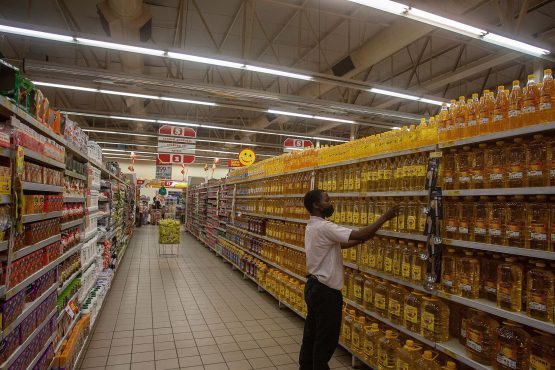Malawi becomes first low-income nation to get IMF food-shock loan

Malawi became the first low-income nation to receive financing from the International Monetary Fund under a new tool intended to help countries cope with global food price shocks.
The Washington-based institution agreed to lend the southern African nation $$88.3 million to address urgent balance of payments needs related to soaring food costs, it said in a statement. Annual food inflation has more than doubled to 34.5% since Russia invaded Ukraine in February.
Malawi is among 48 countries the IMF has identified as worst affected by the most severe food crisis the world has experienced since the global financial crisis. About a fifth of its population is estimated to be facing acute food insecurity in the lean season from October through March, compared with 15% a year earlier, according to the Integrated Food Security Phase Classification report.
The IMF introduced the food-shock window in September for countries that have urgent balance of payment needs due to food insecurity, a sharp increase in their food import bill or a shock to their cereal exports. The facility is available for a year. Ukraine has also received funding under the program.
Surging food and energy bills have put strain on Malawi’s public finances and led to foreign-exchange shortages. The paucity forced the central bank to devalue the kwacha by 25% in May and intervene in the currency markets to support imports of strategic commodities. It also temporarily re-introduced an order requiring exporters to sell 30% of their foreign exchange proceeds to authorized banks.
The IMF also agreed to a so-called staff-monitored program with Malawi, an informal arrangement that countries unable to borrow from the fund can use to help get their budgets back on a sustainable path. Though it doesn’t include financing in itself, an SMP can help unlock money from donor nations and other multilateral lenders, such as the World Bank.
Malawi is among dozens of low-income countries whose debt the IMF deems unsustainable. The fund’s policies bar it from bailing out countries with unsustainable debt, unless they have taken steps to restore it to viable levels.
Approval for the food shock funding came four days after the IMF announced the resolution of a case involving the misreporting of Reserve Bank of Malawi foreign-exchange reserves in 2018. The nation is also seeking a four-year extended credit facility from the lender.

